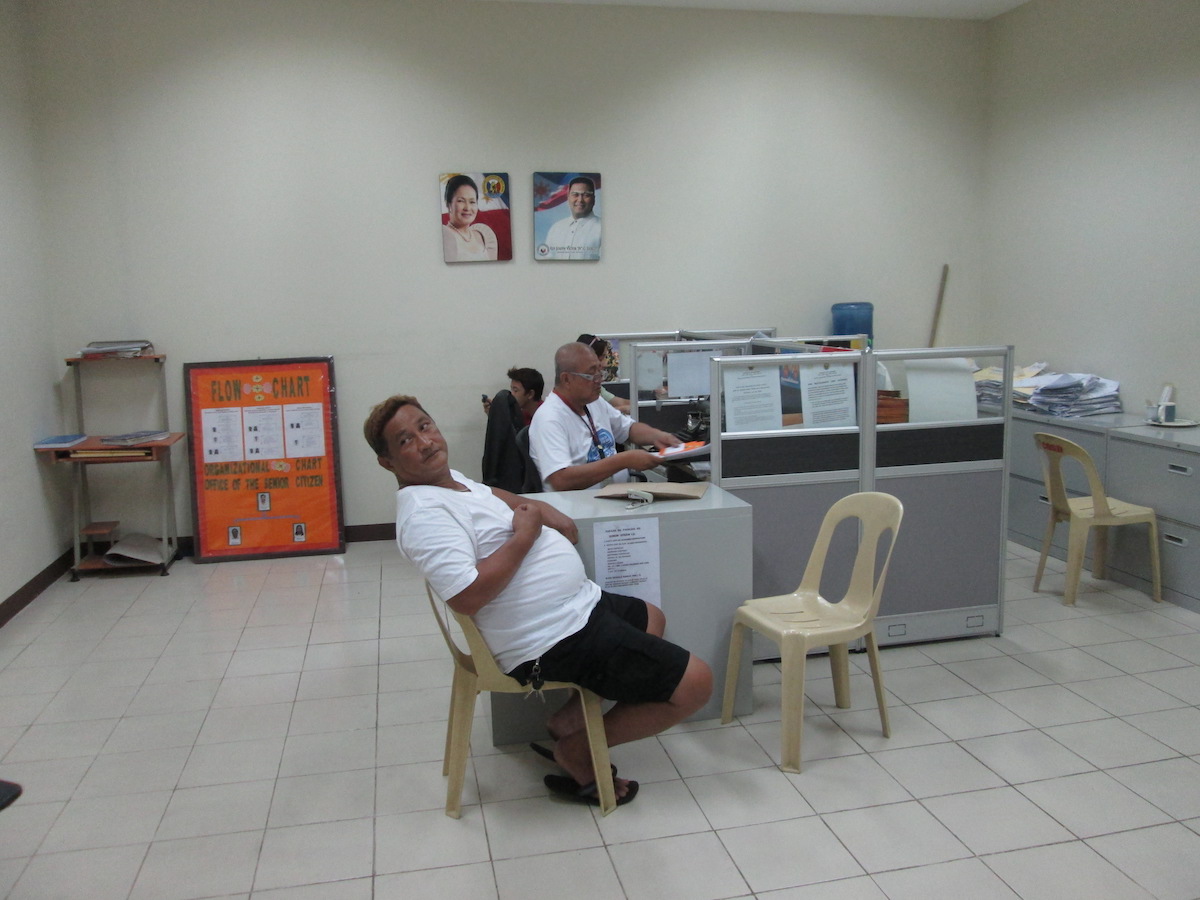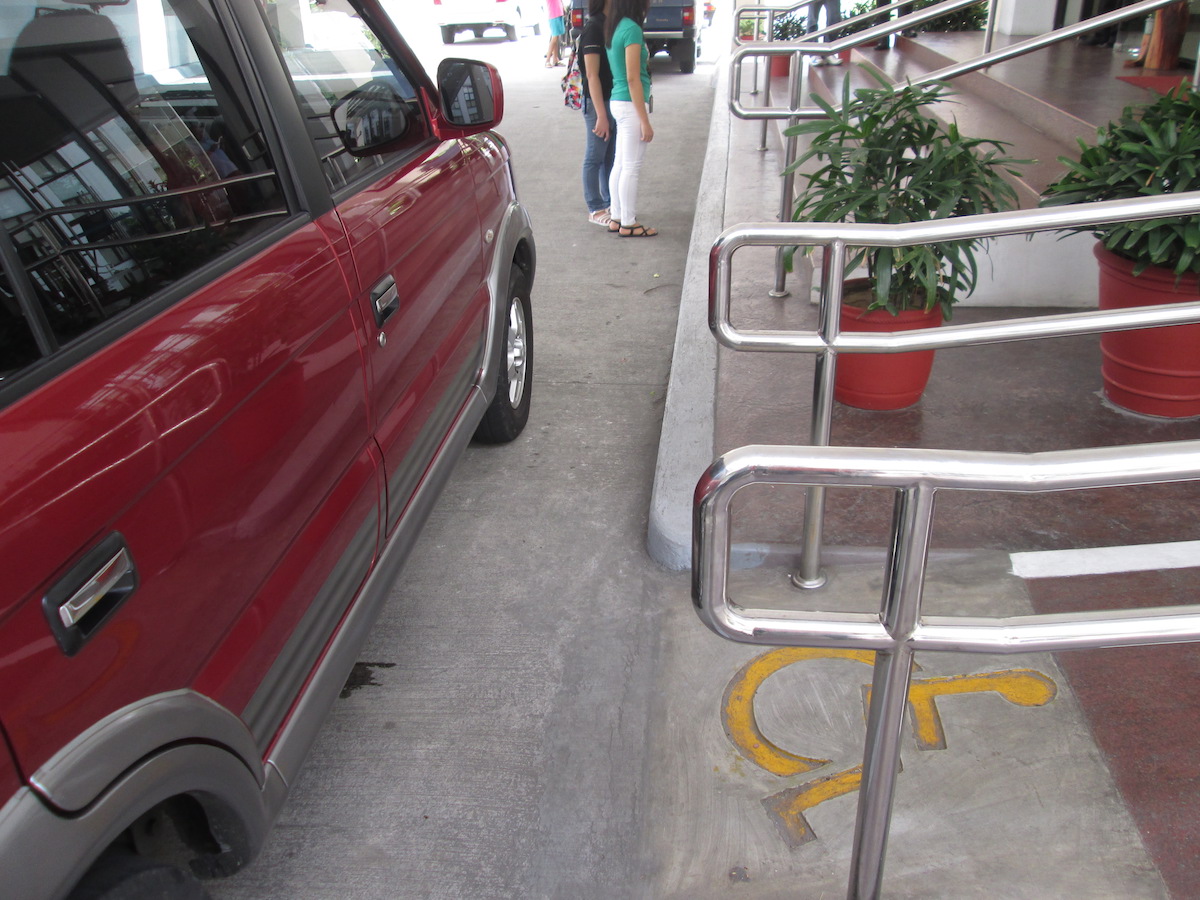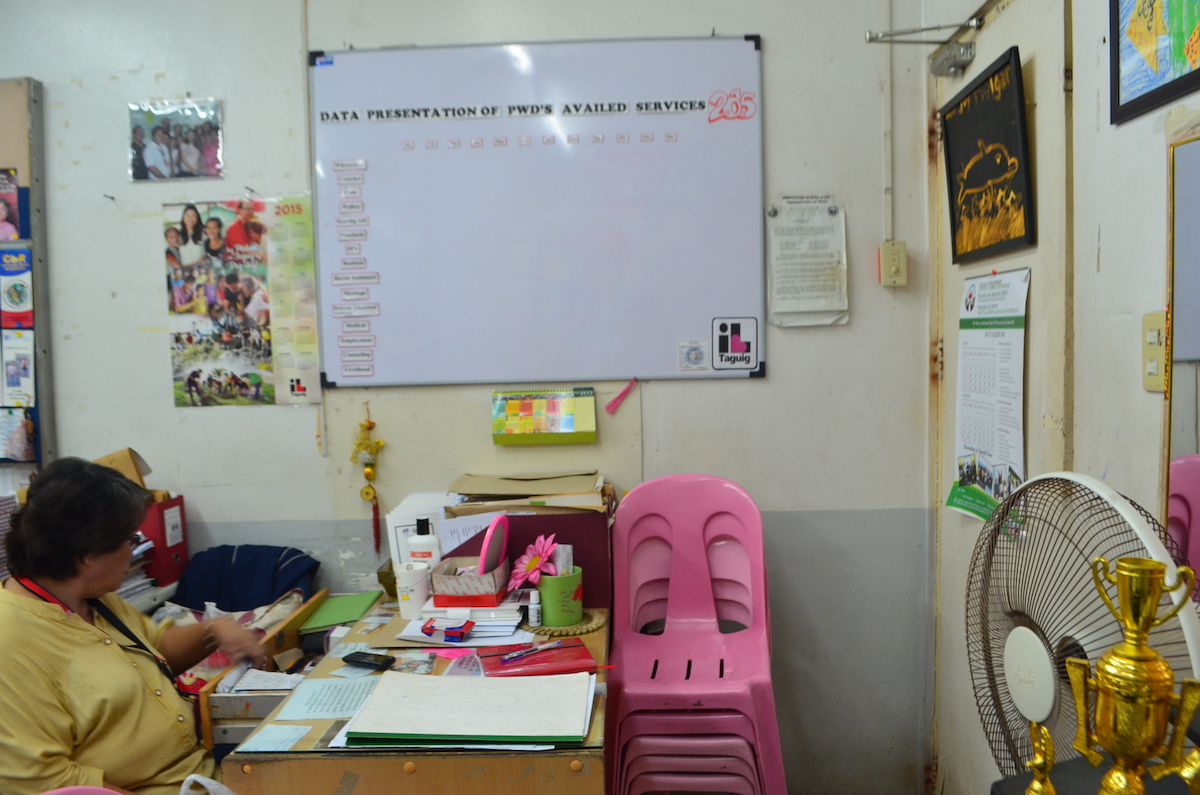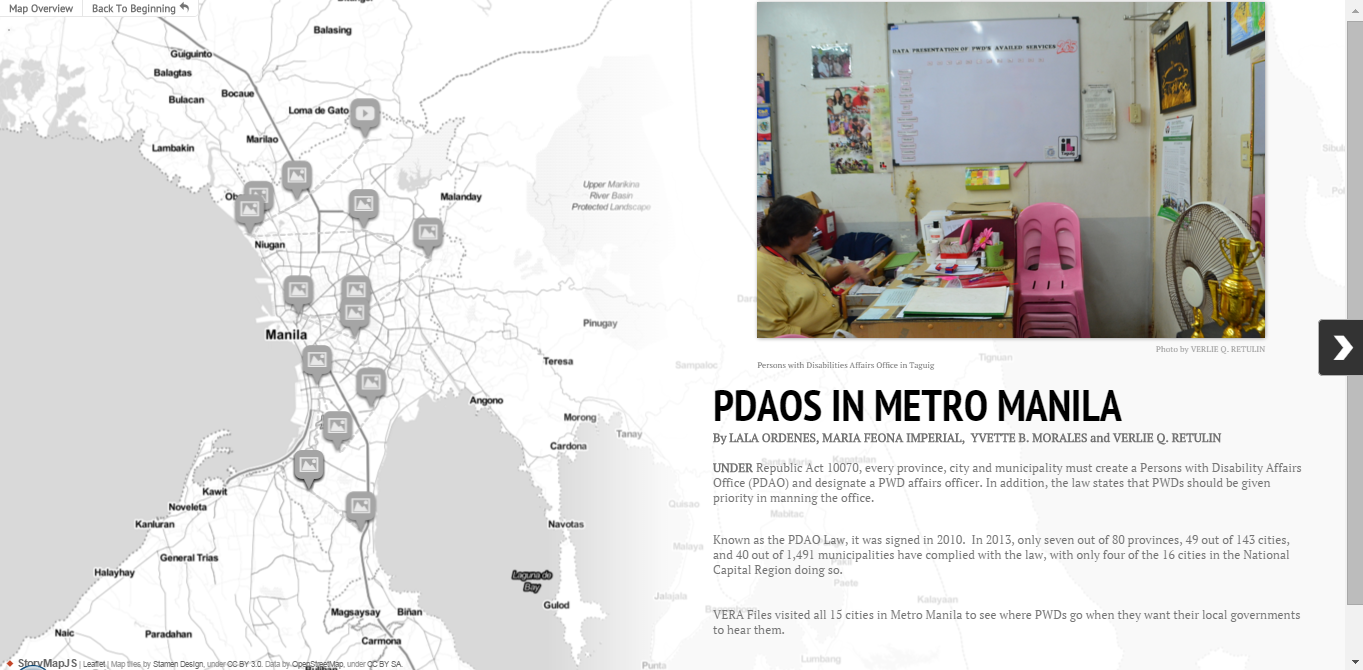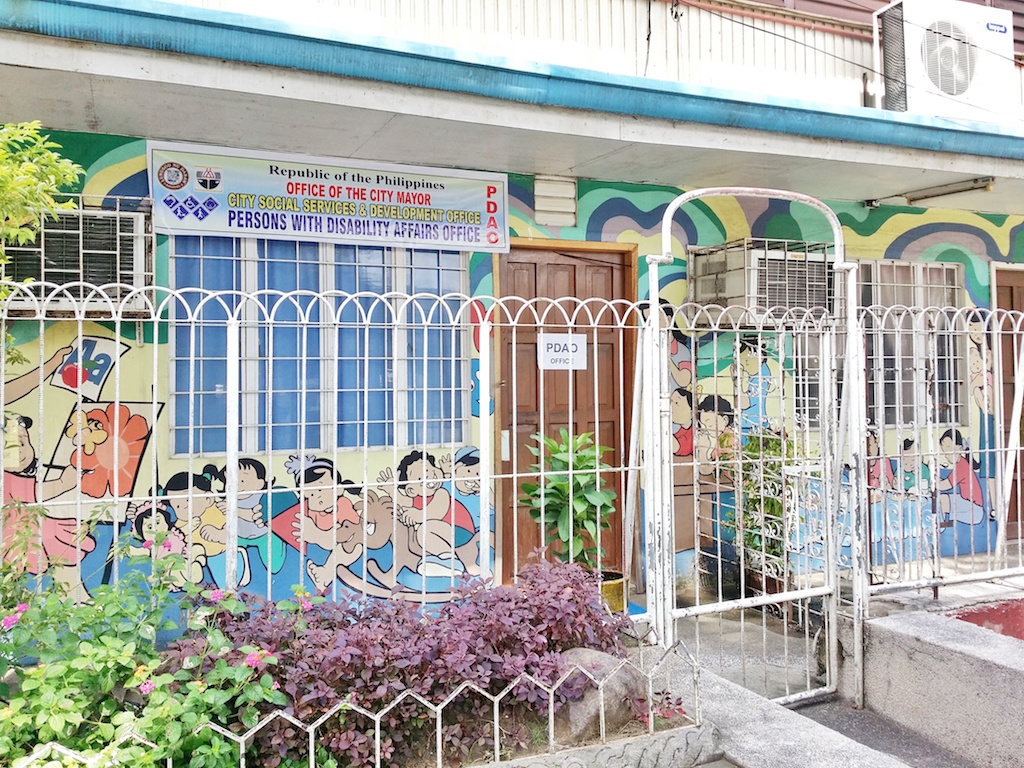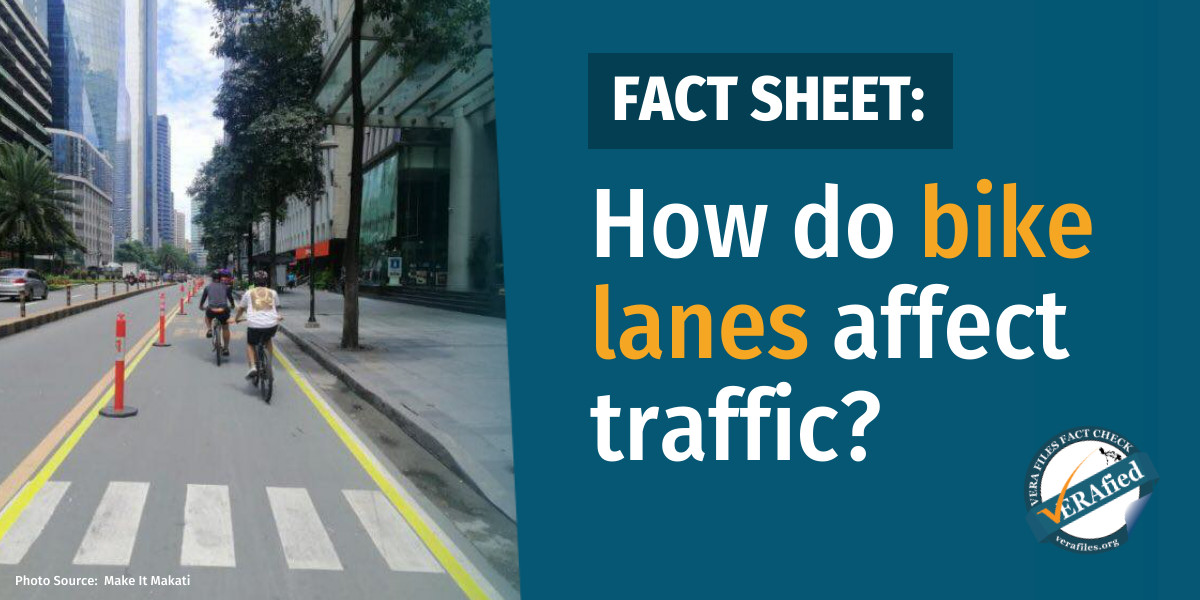By YVETTE B. MORALES
DESPITE a law mandating the creation of a Persons with Disability Affairs Office (PDAO) in all cities and municipalities across the country, Makati and San Juan have yet to comply.
Officials say the size of their PWD population has influenced their decision to go slow on the establishment of the office in the cities.
Close to six years after the enactment of Republic Act 10070, Makati still has its PWD affairs under the Makati Social Welfare Department (MSWD).
Headed by program-in-charge Marites Estanislao, the office serves around 5,400 PWDs.
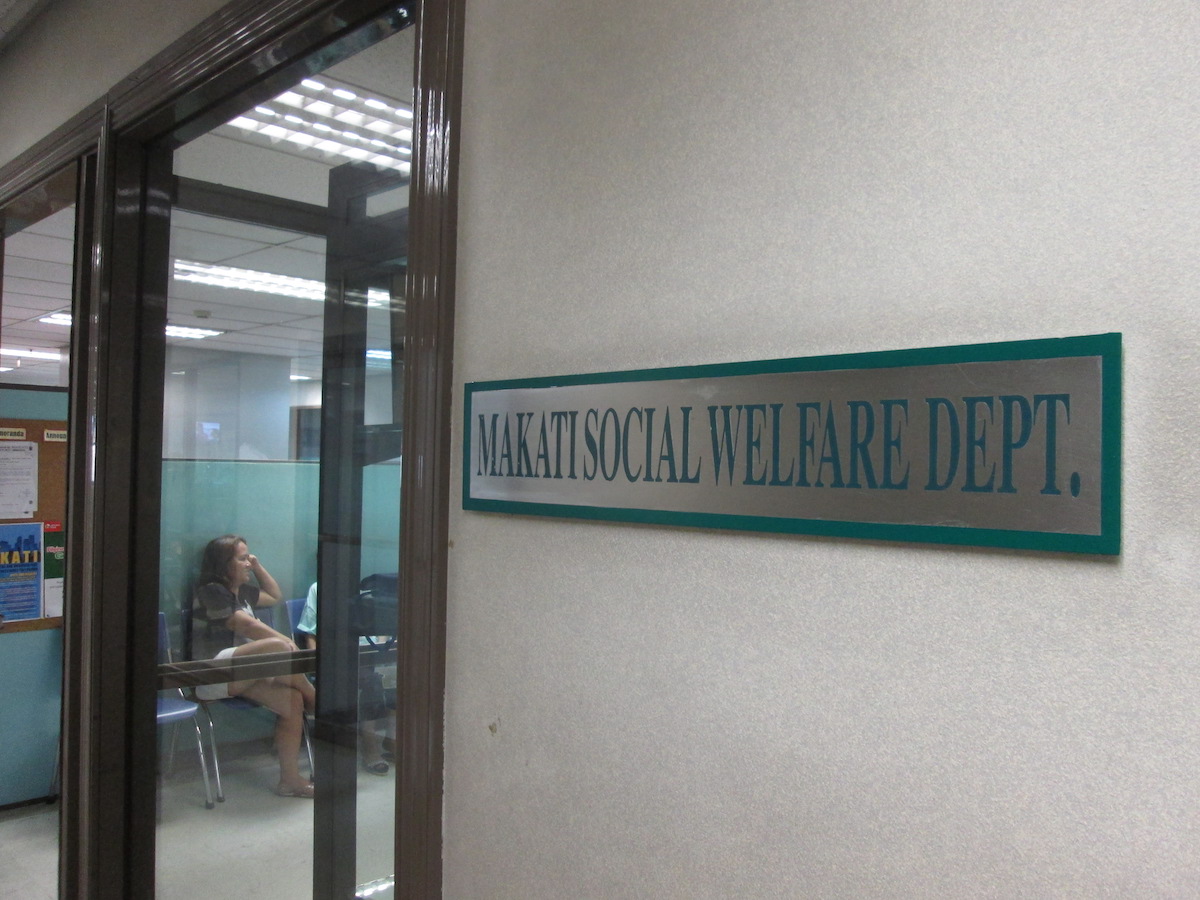
For 2015, she said, the PWD section has an approved budget of around P 9.6 million, funding projects such as medical and educational assistance and skills training.
Other local government units which have established PDAOs have almost the same budget allotted for PWDs. Manila, for example, allocates about P10 million annually for its PDAO.

“We acknowledge the fact that LGUs are mandated to establish PDAO and as preparation, we have formed a committee composed of inter-agency offices of the city like the health, education and employment office, representatives of PWD organizations and other nongovernment office partners,” said Estanislao, who has arthritic psoriasis.
The number of PWDs in the city is a factor in creating a PDAO, she added.
“Hindi din kasi ganoon kadami ang PWD population (The PWD population is not that big),” Estanislao said.
Since the city’s PWD affairs still operates under the MSWD, the allotment for PWDs is a mere 2.3 percent of the department’s P414 million total budget for 2015.
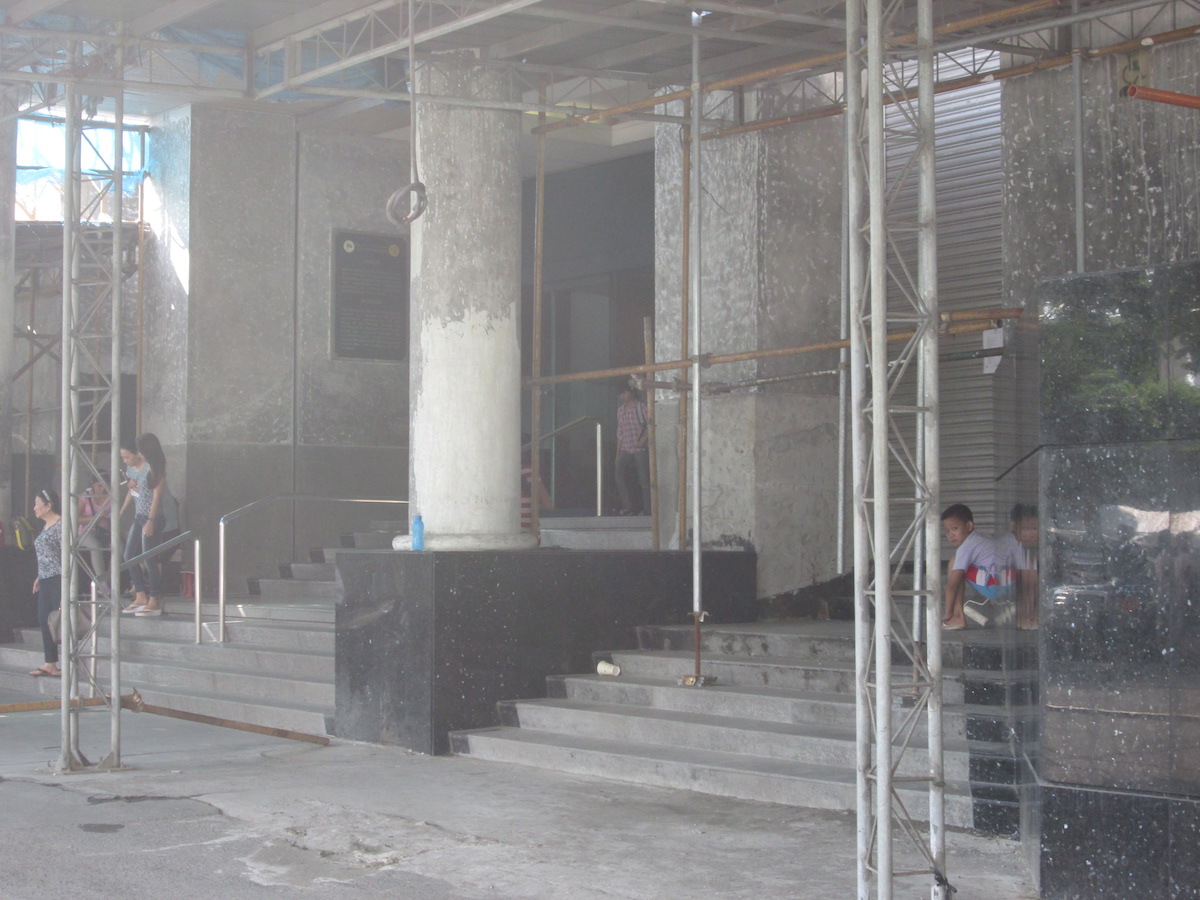
Estanislao said, however, that the budget depends on the proposed projects to be implemented.
According to the 2010 census, Makati has a population of 529,039, the ninth most populous among the 16 cities in the National Capital Region. It also has the highest per capita income among all the cities in the Philippines.
San Juan, another affluent LGU, is still in the process of establishing its own PDAO.
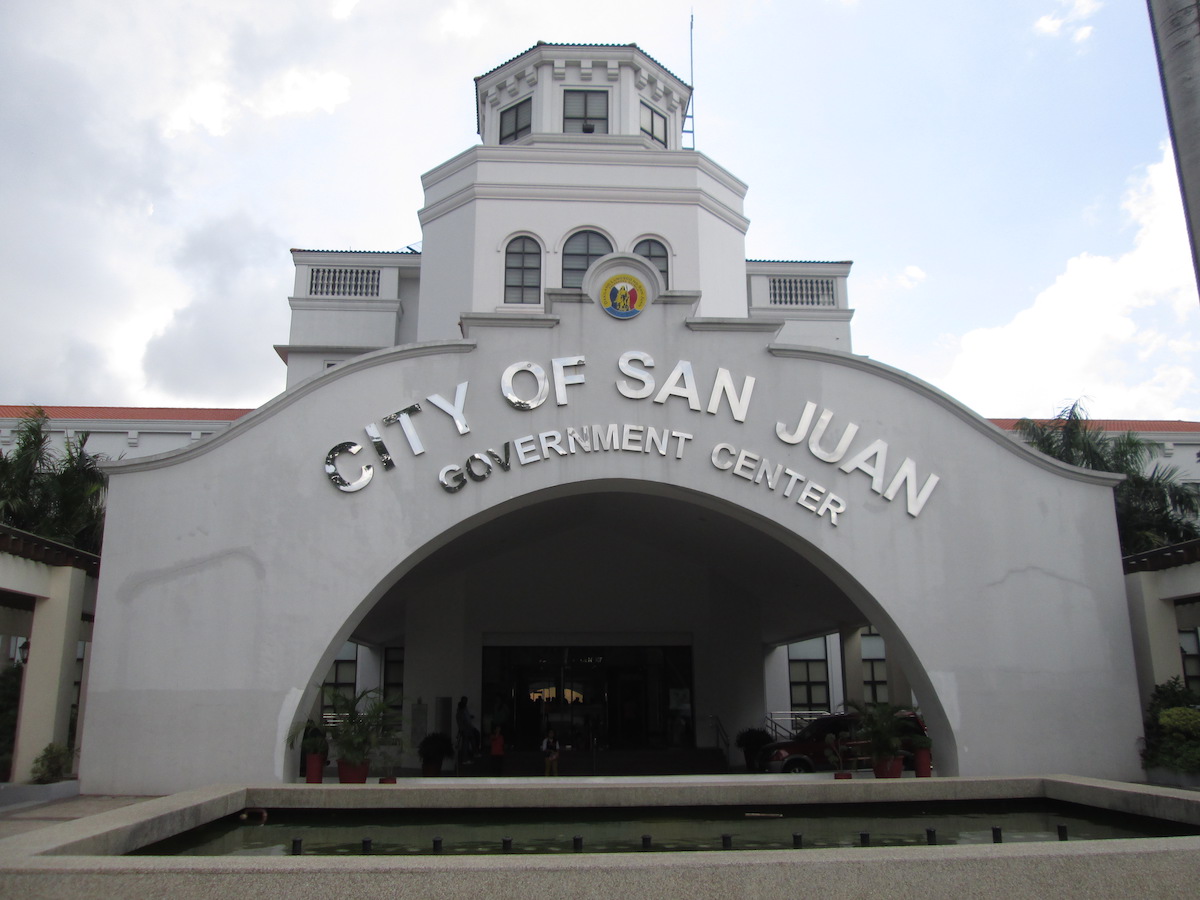
San Juan social welfare officer Rocel Camagos said since 2010, there has been an initiative to create a committee for PWDs.
“Kaya committee pa lang noon dahil hindi pa naman ganoon karami ang PWDs ng San Juan. Pero dahil sa dumadami na ngayon … (nasa) mainstream na iyong mga PWD, alam na nila ang mga rights and privileges (It was just a committee because the population of PWDs in San Juan was not that huge then. However, PWDs have entered the mainstream, they already know their rights and privileges),” Camagos said.
The City of San Juan is now looking to establish its PDAO to serve around 1,320 PWDs.
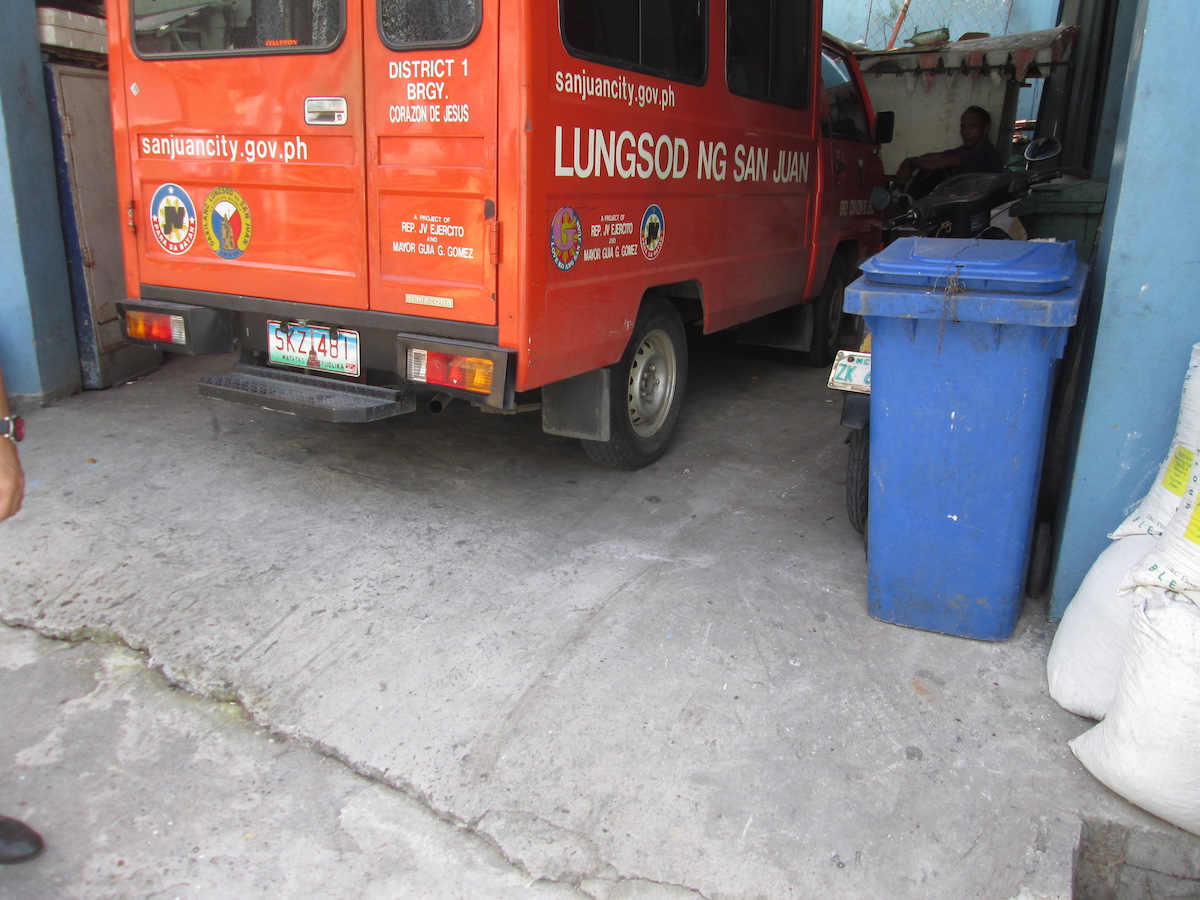
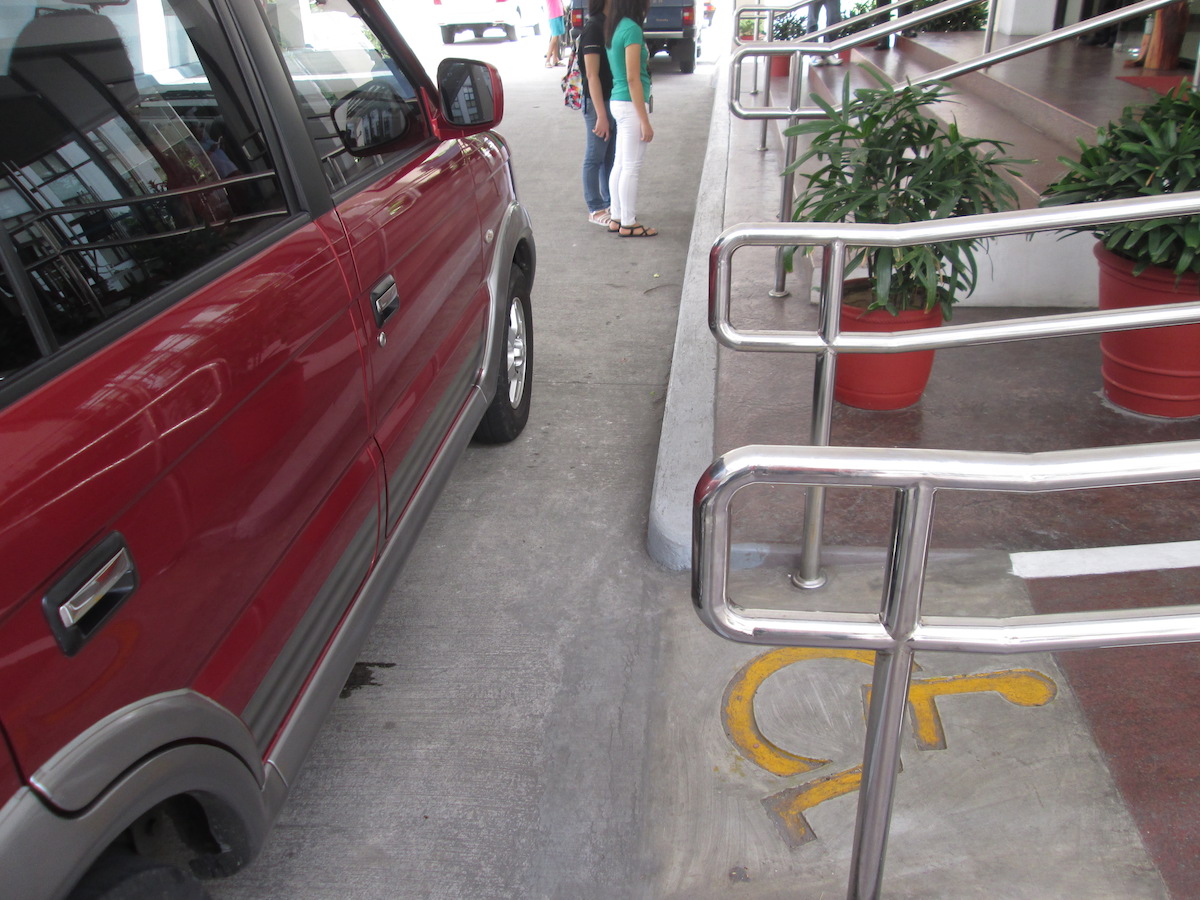
In 2014, district 1 councilor Angelo Agcaoili sponsored an ordinance mandating the creation of PDAO in San Juan, which will be tasked to formulate policies, represent and protect the welfare of PWDs in pursuant to RA 10070. The ordinance has just been approved last November.

PWD focal person Mark Anthony Dela Cruz, who is also the vice president of the PWD organization in Barangay Corazon de Jesus, said among 21 barangays in San Juan, only theirs is active when it comes to PWD affairs.
“May ibang barangay, hindi nila alam yung [RA] 7277. Pero ipu-push ko na ilabas iyong budget ng PWD. Marami din sa mga barangay na matigas ang ulo, lalo na’t paninidigan nila na ayaw talagang isama ang mga PWD (Some barangays are not even aware of RA 7277 (the Magna Carta of Disabled Persons). But I will lobby for the release of the budget for PWDs. Some barangays are hard-headed, they do not want to include PWDs),” Dela Cruz said.

Corazon de Jesus started its PWD organization in July 2014. Its projects for PWDs include medical assistance, giving out school supplies, seminars and workshops, and even an orientation of the Magna Carta.
Aside from activating barangay-level PWD organizations, Dela Cruz said once the PDAO is functioning, he would like to set up helpdesks for PWDs in barangays, hospitals and schools, with the purpose of assisting those who are being discriminated against.
“Pinatupad ng [Department of Education] na ang education natin, inclusive for all. Once na hindi tinanggap [ng teacher ang PWD], pwede siyang kasuhan or gawan ng action (The DepEd provides for an inclusive education. If a teacher will not accept a PWD, a case can be filed against him or her),” Dela Cruz said.
Agcaoili also sponsored an anti-discrimination ordinance which prohibits discrimination “on the basis of disability, age, race, looks, height, status, sexual orientation, gender identity, ethnicity and religion.”
